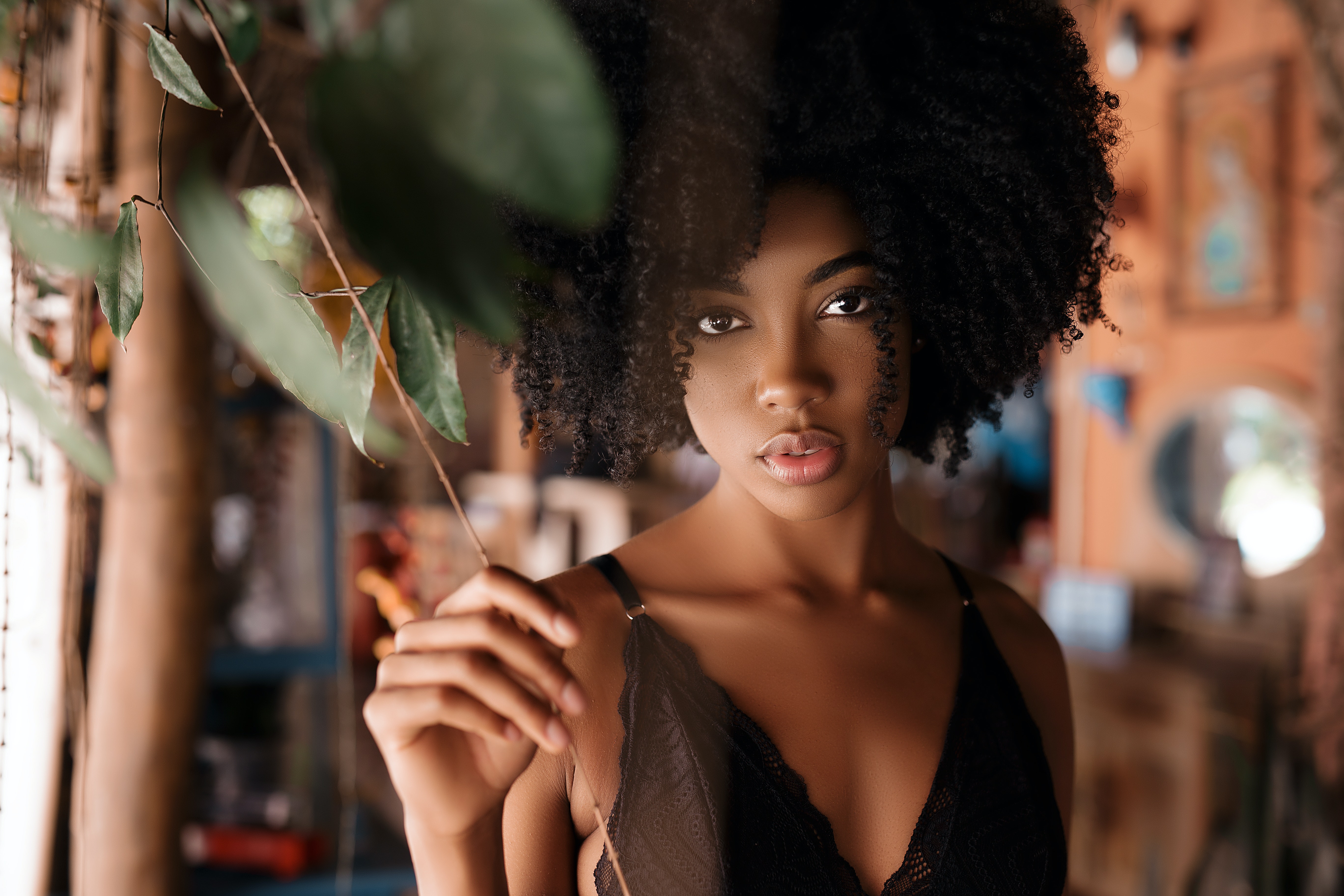In addition to having to worry about our survival from COVID 19, Black women must also worry about their safety in a world that already does not prioritize them or their wellbeing.
Following the recent death of Lauren Smith-Fields, the 23-year old Bumble user that died shortly after going on an online date, her case has officially received the proper recognition it deserves, however, why aren't dating apps releasing statements and creating more precautionary measures for users to date safely? And why was this case only made official after garnering viral social media attention?
For centuries and decades on end, Black women have been subjected to a frightening uprise of notoriously going missing and/or either ending up dead as a result of many factors, such as but not limited to; sex trafficking, sexual assault, domestic violence, domestic abuse, and a plethora of other circumstances that yearly take the lives of innocent Black girls and women on a daily basis.
Now that the dating pool has primarily changed to online interactions, Black women now face a new pandemic. In addition to having to survive in a world that is known to not prioritize our safety and wellbeing, we have to now continue our ancestors strife of needing to be “strong” and even more guarded than we previously were before.
According to FBI’s National Crime Information Center, a report disclosed at the end of 2020, that out of the 89,000 active missing person cases, “45% were people of color.” In addition to these findings, only one fifth of the cases actually garnered news media coverage. This is a troubling find, as the narrative is drastically different for white women that often go missing and as a result, receive more recognition. The recent death of Gabby Petito can serve as a prime example of missing white women that receive an overwhelming supply of state legislated investigation tactics. The use of drones, police oriented search parties, helicopters, and search dogs, were just a few tactics used in Petito’s case, in addition to receiving nationwide news coverage.
Lauren Smith-Fields was a daughter, a beloved friend, and a human who deserves just as much recognition as the world’s beloved Gabby Petito. Though similar in age and both resulting in tragic deaths, Lauren’s fate was already outlined in a systematic rulebook of racial bias and discrimination.
This rulebook clearly outlines how society perpetuates “adultification,” a concept that prematurely ages young people by viewing them as older than they really are. This limiting gaze has also resulted in viewing Black women in particular, as a community that can fend for themselves- a stereotype that stems from our ancestral trauma of facing abuse and needing to “pull ourselves up by the bootstraps.”
Lauren’s case comes at a time where we’ve seen the plague of instant gratification take form in a lackluster of online dating app safety tactics. Such methods would include conducting background checks, providing safety tips and tricks, and user hotlines in the event of emergencies. It’s hard to say if such tactics would have prevented Lauren’s death, however, it is safe to say that she could have possibly escaped a compromising situation, that would have most likely helped her feel more safe in the event of an emergency.
Though the death of Smith-Fields happened over a month ago, her case seamlessly made news reports only after garnering an overwhelming amount of social media attention. According to TMZ, Darnell Crosland, the attorney for Lauren’s family, believed that, “Cardi B was instrumental in getting Lauren's tragic death to become a criminal case, because police launched their investigation only after Cardi spoke out.”
And though her case finally received the attention it deserves on a government level, why was her well-being prioritized after her death? Derrica Wilson, the co-founder and CEO of The Black and Missing Foundation tells her story in a recent documentary entitled,“Black and Missing.” Within the documentary, Wilson described her days as a police officer that commonly handled the cases of missing victims. Among the many cases she worked with, Wilson disclosed a case that involved a young Black girl that was a victim of abduction, however, her case nearly grazed directly across her desk.
Wilson states in the documentary “I actually had a case where there was a young lady that was missing, and I didn't realize she was missing until I was able to recover her.” She adds, “she was reported missing in our neighborhood jurisdiction, and her flier never crossed my desk.”
Lauren’s death comes at a time where in addition to facing an ongoing pandemic and needing to worry about our survival, Black women are faced with another bone chilling reality to continue putting our faith in a system that has failed us and our safety time and time again.
